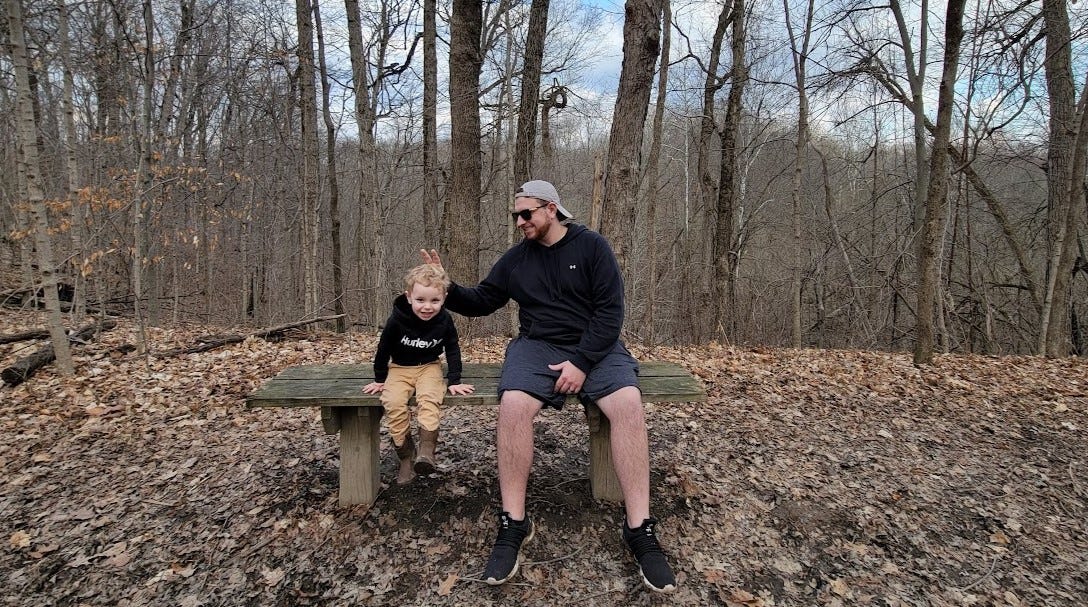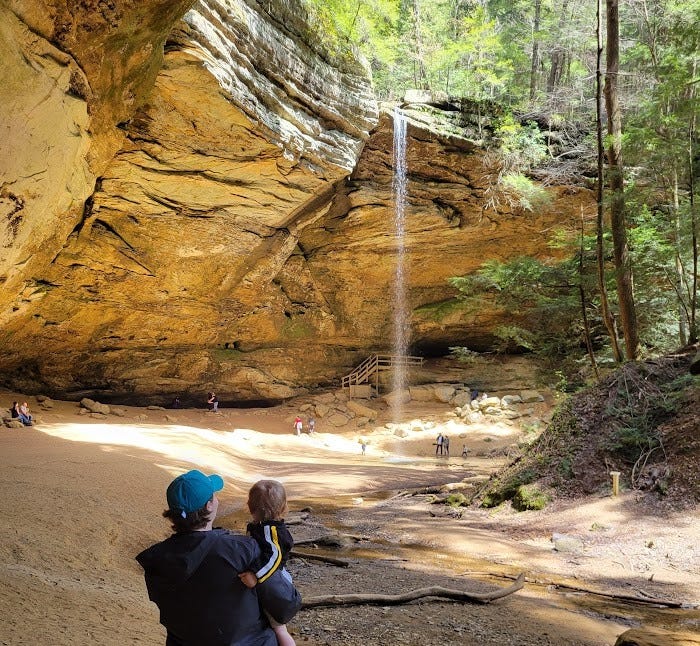Low humming and the buzz of lights. Smooth surfaces and thick air. A large portion of our species has come into a vastly different world than our ancestors. Many people around the world still live with nature. And while I’m sure they’d likely trade places at the first opportunity, I think they’d come to notice something wrong with it. There’s a disconnect that’s occurred between us and earth unlike any time in history. For some, it’s happened over the course of their lives – and they hardly even realize it. For others, they were born into it – separated from birth.
An incredible thing has happened over the last few decades – we got stupid smart. We’ve left the planet, connected billions of people, and brought our prey, neatly in a box, to our own front doors. For hundreds of millions of people, there’s zero reason to enter the woods. There’s nothing to buy in the woods, no business meetings, no one to fix your car, and nothing good to eat (not true, by the way). This sentiment was an anomaly of city life for some time, but it’s crept into smaller and smaller towns. As Netflix, Starlink, and Amazon begin bringing the world to the doors of rural households, we see something drastic occurring – a tidal wave of unhappiness.
It seems completely illogical that everything we’ve fought so hard for as a tribe, community, and species, would cause harm to our mental health. At least from an evolutionary perspective, we want food to be easier to obtain. The root of everything is survival and we’re absolutely killing it. But something must be wrong, because we’re killing ourselves too. Mental health decline has become a national crisis, ideological debate has crushed our ability to collaborate, and worst of all, general happiness has declined significantly over the last 50 years. What could cause such a bleak future?
I believe we’re cognitively dissonant from nature and our place in it. We spend so much time in predator-free, well supplied, comfortably furnished communities, that we no longer understand our place in nature. We’ve exchanged leaves rustling for bustling streets. We’ve traded an array of animals for cats, dogs, and an occasional rat. Worst of all, we’ve exchanged the vast, unseen maze of wilderness for well-marked streets and familiar buildings. This trade is incompatible with nature and, whether we like to admit it or not, we are nature.
I’m not a psychologist, so I’m certainly not going to tell you that all you need to do is go camping to cure your depression. But, perhaps, I’m a friend willing to give you a nudge in a direction too few people consider. I’ve had, and continue to manage, cycles of depression that only grow until a wall is hit or a line is crossed. It’s like a health bar in a video game that gets depleted over the course of weeks doing normal day to day things, things that pay for my house or take care of my family. When it comes to its end, my vision shrinks, and my stature follows. Few things can help me get a little more back into the health bar, but one thing can fill it – the woods. Kayaking, hiking, exploring, and even hunting for morel mushrooms are ways I can reconnect with nature. At some point in a long walk through the woods, you must sit down, close your eyes, and listen. It makes you feel so small and insignificant for more than a moment.
We used to be born and die in those woods. We used to feed our children and kill prey in those woods. Some of those trees have been there longer than you or your grandparents. Life is not 1’s and 0’s. It’s not pixels or print. Life is water and air. It’s food and thought. We exist to survive it. It’s okay to work, protest, and learn your fill. But when the time comes to refill that bar, between providing for yourself and family or fighting for better lives for the downtrodden, remember to come back to nature. Teach others to do the same. Before long, everyone will be disconnected from nature – separated from birth.



